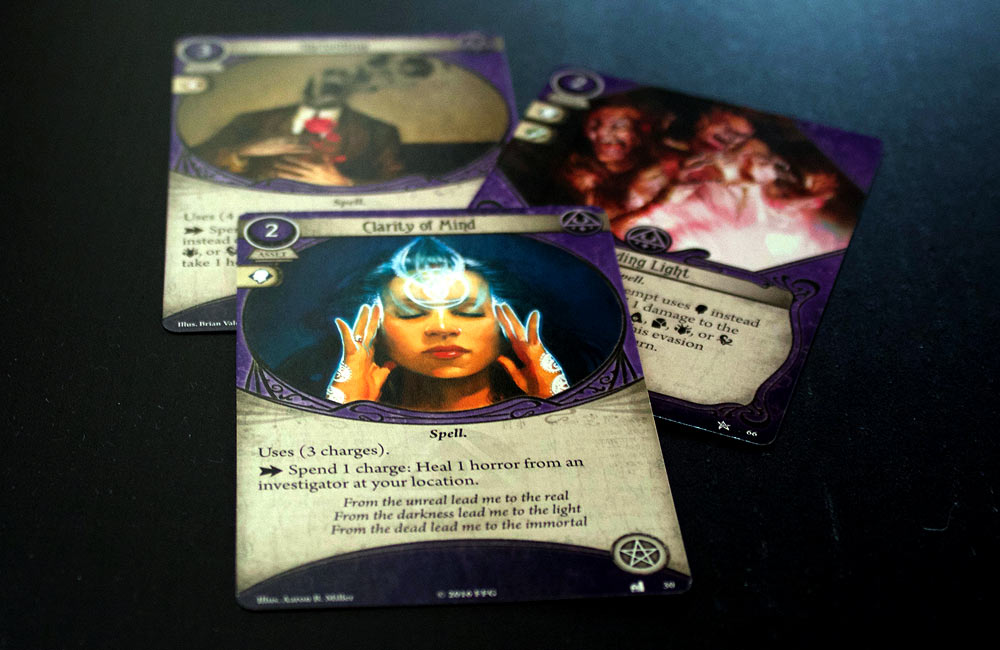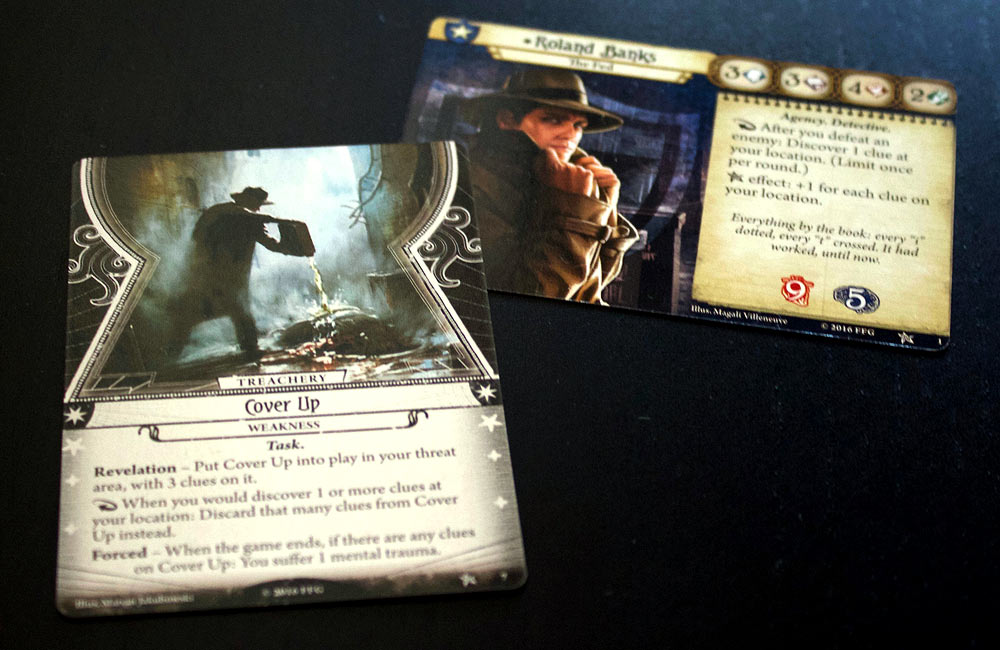When I wrote that I love the stories of particularly in-depth board games in my bio, I’m pretty sure people thought I was joking.
Those people need to play more games.
Board games are incredible. My fiancé and I can’t get enough of them. In a metaphoric sense, anyway. In both a fiscal and a physical flat-to-board-game ratio sense, it’s not at all true.
Board games have evolved past Monopoly and Fifty Other Versions of Monopoly Why Is There So Much Monopoly Why?.
Now you have games where you can play co-operatively as Tibetan monks, working together to save a village from evil spirits. You can play as the cast of Battlestar Galactica, trying to work out who’s a human and who’s a cyclon as disaster after disaster hits you in the face. You can change a campaign board game every time you play it, ripping up cards and slathering the board in stickers as your team of (highly attractive) medics and scientists struggle to slow down the colourful disease cubes ravaging the world.
Nowadays, board games are made to compete with movies and video games rather than bubonic plague, the only big time-killer when Snakes and Ladders became popular. They’re not about rolling dice. They’re about strategy and quick-thinking and – yes – story-telling.
Arkham Horror is proof of that.

Based on H. P. Lovecraft’s pulp stories, Arkham Horror casts you and up to three friends as investigators, trying to understand the eerie and horrible goings-on in New England.
You each have a deck of cards, filled with weapons and books and allies, completely unique to your character.
You might choose to be police detective Roland Banks, loading up on guns, calling in favours from beat cops, relying on your physical training to see you through.
Or maybe you’d prefer Agnes Baker, a waitress who dabbles in occult spellcasting, who takes spells and books to help her against the Ancient Ones.
They each have different strengths – but far more interesting are their weaknesses.

Each character has a trauma, a specific, horrible thing that affects them. And that – along with a second, random weakness, like paranoia or hypochondria (the whole laundry list of things it would be difficult not to feel, facing off against the elder gods) – sits in your deck, alongside the ammo you need or the old tome you want to look up, waiting to strike at any moment.
You draw a card every turn. It’s a horrible, stomach-plummeting moment when you draw a weakness card, when you’re forced to drop the strategy you had planned out to deal with some horrible problem – but it’s great storytelling.
You might have agreed to help these strangers, but you only came here to find your missing sister, after all, and you need to look for clues of where she might be.
You want to investigate these weird cultists, but you’re a copper involved in a cover-up. And you need to sort some things out.
The truly clever thing with this is it builds up, game after game. There isn’t one story, there’s a campaign that sees you taking the same character through. And if their weakness trips them up, that follows them to the next part of the story, putting them in worse position to face the next horror.
And – while there is randomness to it – what card you’ll draw next, what awful thing the game will throw at you – there is a paced story, too.
Every round, the game’s progress marker ticks up, revealing a new, horrible plot twist every time it gets too high. You stayed out just a little longer than you meant to, and now… is something following you? The chanting in the woods has stopped and-WHAT IS THAT THING?
Or, better still, the game might present you with a choice: you might be able to stop these creatures if you’re willing to burn down your house – but there will, of course, be consequences…
These decisions follow you from game to game as well, like the world’s cruelest Choose-Your-Own-Adventure story. (Well. One of them.) You know there’s no happy ending. The only reward for defeating the monster is facing off against more monsters.
Fine by me.
It’s a superbly put together game. Challenging, fun, with text and story perfectly evocative of Lovecraft’s world, and characters that change and grow as you play them.
Saying more would ruin the absolutely wonderful/horrifying surprises this game has in store. But, if you want an example of an interactive story with unpredictable elements, it’s definitely worth checking out.

